Sorry, nothing found for
Sorry, nothing found for
Products
Trending Products


Giorgio Armani
Acqua Di Gio Cologne
Price range from $51.95 to $158.95
[[Product_QuickView]]
up to $32 Off  Best Seller
Best Seller
 Best Seller
Best Seller
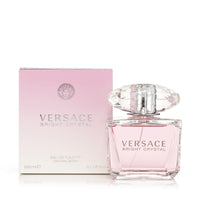
Versace
Bright Crystal Perfume
Price range from $57.95 to $128.95
[[Product_QuickView]]
up to $27 Off  Best Seller
Best Seller
 Best Seller
Best Seller
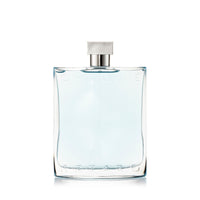

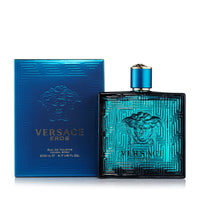
Versace
Eros Cologne
Price range from $39.95 to $116.95
[[Product_QuickView]]
up to $24 Off  Best Seller
Best Seller
 Best Seller
Best Seller

Dolce and Gabbana
Light Blue Perfume
Price range from $66.95 to $145.95
[[Product_QuickView]]
up to $30 Off  Best Seller
Best Seller
 Best Seller
Best Seller
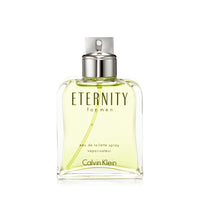

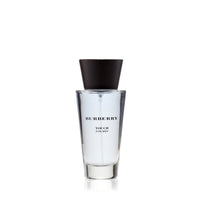
Burberry
Touch Cologne
Price range from $49.95 to $76.95
[[Product_QuickView]]
up to $29 Off  2 for $75 - Mix & Match
2 for $75 - Mix & Match
 2 for $75 - Mix & Match
2 for $75 - Mix & Match
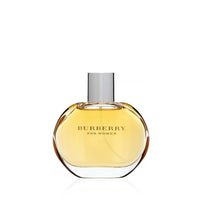
Burberry
Burberry Perfume
Price range from $58.95 to $94.95
[[Product_QuickView]]
up to $35 Off  Best Seller
Best Seller
 Best Seller
Best Seller
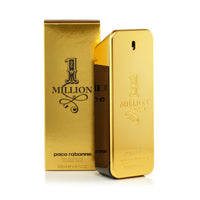
Paco Rabanne
1 Million Cologne
Price range from $62.00 to $135.95
[[Product_QuickView]]
up to $72 Off  Best Seller
Best Seller
 Best Seller
Best Seller

Calvin Klein
Euphoria Perfume
Price range from $49.95 to $99.95
[[Product_QuickView]]
up to $37 Off  Best Seller
Best Seller
 Best Seller
Best SellerPages

































